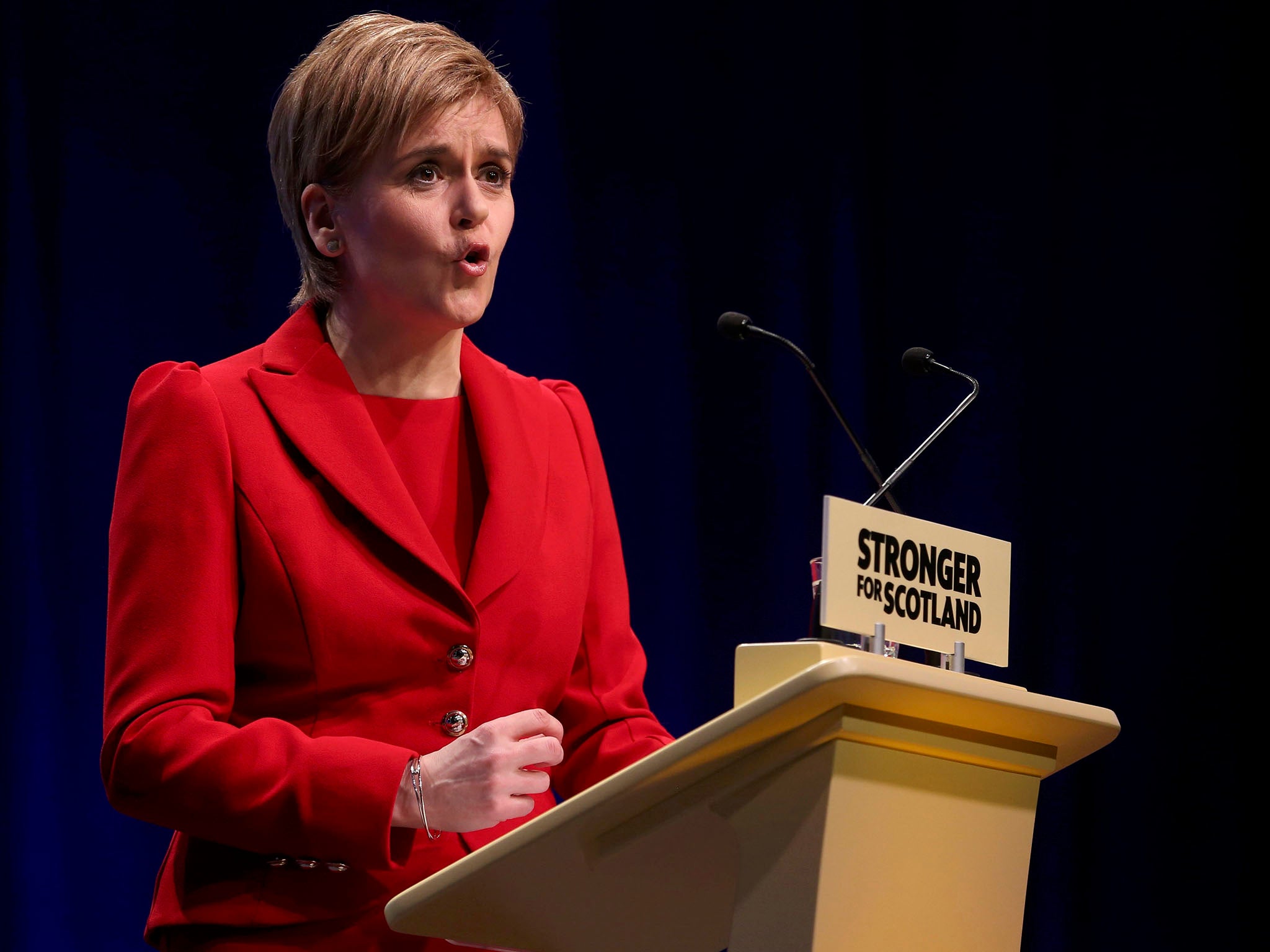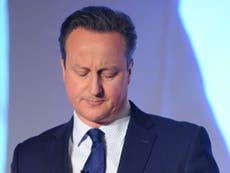With party leaders publishing their tax returns is this the beginning of a new era of political tax transparency?
In America rich politicians are considered acceptable - even admirable. It is far from clear British voters hold the same view

For decades Britain has lagged behind other Western democracies, such as America, in not requiring our political leaders to open their personal tax affairs to public scrutiny – and possible scorn.
Now David Cameron has let the genie out of the bottle – and it’s very hard to see how it can be put back in again.
But the really interesting question is this: How broadly should this new obligation for politicians to publish their tax returns extend.
Already Jeremy Corbyn has said he will publish the details of his own tax bill – setting a precedent that the leaders of any major party hoping to form a Government will have to follow.
But with Mr Cameron himself stepping down at some point in the next four years the pressure will be on for the leading Tory contenders that want to succeed him to get out on the front foot and be financially transparent themselves.
For some that won’t be a particularly difficult or onerous process. A quick look at the Home Secretary Theresa May’s entry in the House of Commons Register of Interests suggests her financial chicanery extends only to being the proud possessor of “a discount card from the shoe shop Russell and Bromley”.
For others though the process could prove more problematic. The Business Secretary Sajid Javid, for example, may be a self made man and the son of a bus driver but his route to Westminster was via Chase Manhattan and Deutsche Bank where he rose to become head of credit trading, equity convertibles, commodities and private equity in Asia.
He did all this in the boom years before the 2008 crash and one could speculate that if any leading politician had the money and the acumen to squirrel their earnings away in complex financial schemes it would be Javid.
His tax return might make much more interesting reading than that of Mr Cameron.
And the prospect of disclosing it in the current climate might also have a bearing on whether he decides to go for the top job.
And how far down should you go? Should every MP have to declare their tax returns? What about the heads of public bodies or civil servants? And, while we’re at it, what about journalists? They have huge influence on the public debate but we have no idea if they have a financial interest in what they’re writing about.
All this would undoubtedly be good for transparency – but on the flip side it could put off capable public servants whose past careers or family background mean they have wealth that could be off-putting to voters.
In America rich politicians are considered acceptable - even admirable. It is far from clear British voters hold the same view.
But, regardless, a Rubicon has been crossed. We will all know far more about our politicians’ financial affairs in the future that we have done in the past. The question that is lingers is whether that is a good thing or not.





Join our commenting forum
Join thought-provoking conversations, follow other Independent readers and see their replies